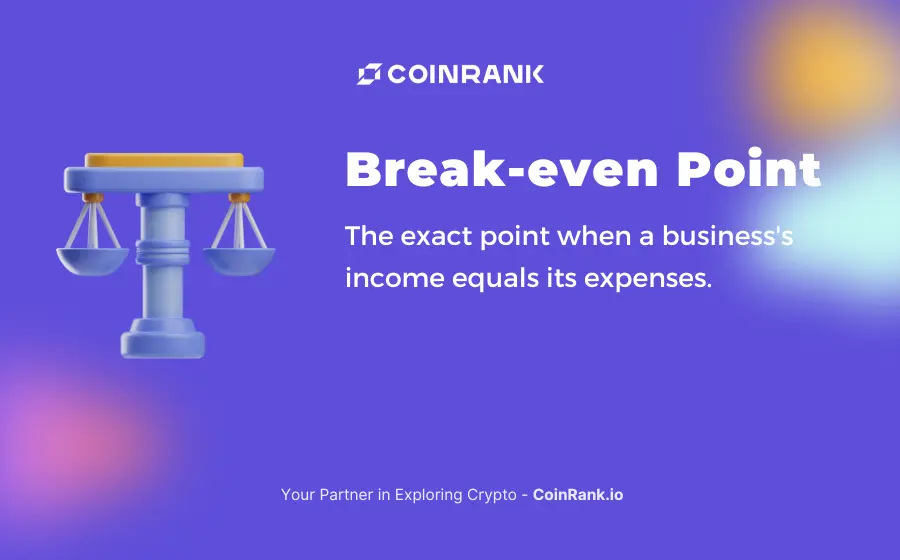
KEYTAKEAWAYS
Unlock future economic benefits with assets—current (cash, receivables, inventory) and non-current (PPE, intangibles, investments). Key to financial health and value creation.

CONTENT
DEFINITION
Assets, in the realm of finance and accounting, represent valuable resources owned by an individual, business, or organization that hold the potential to generate future economic benefits. Assets can take various forms, and they are typically classified into two main categories: current assets and non-current assets.
Current Assets:
- Cash and Cash Equivalents: Physical currency, bank deposits, and short-term, highly liquid investments.
- Accounts Receivable: Amounts owed to a business by its customers for goods or services provided on credit.
- Inventory: Goods and materials held for the purpose of resale or production.
- Short-Term Investments: Financial instruments with a maturity period of less than one year.
Non-Current Assets:
- Property, Plant, and Equipment (PPE): Tangible assets such as land, buildings, machinery, and vehicles used for business operations.
- Intangible Assets: Non-physical assets with value, such as patents, trademarks, copyrights, and goodwill.
- Investments: Long-term holdings in stocks, bonds, or other securities.
- Long-Term Receivables: Amounts due from customers or other entities beyond the next 12 months.
Assets are a key component of a balance sheet, providing a snapshot of an entity’s financial position at a specific point in time. The value of assets is often compared to liabilities to assess the entity’s financial health. The formula commonly used is:
Assets= Liabilities + Equity
Effectively managing and leveraging assets is a fundamental aspect of financial management, contributing to an entity’s ability to generate value and sustain its operations.
More From CoinRank
- CoinRank Finance Dictionary : Amortisation
- CoinRank Finance Dictionary : Accrual Accounting
- CoinRank Finance Dictionary : Account Receivable

















